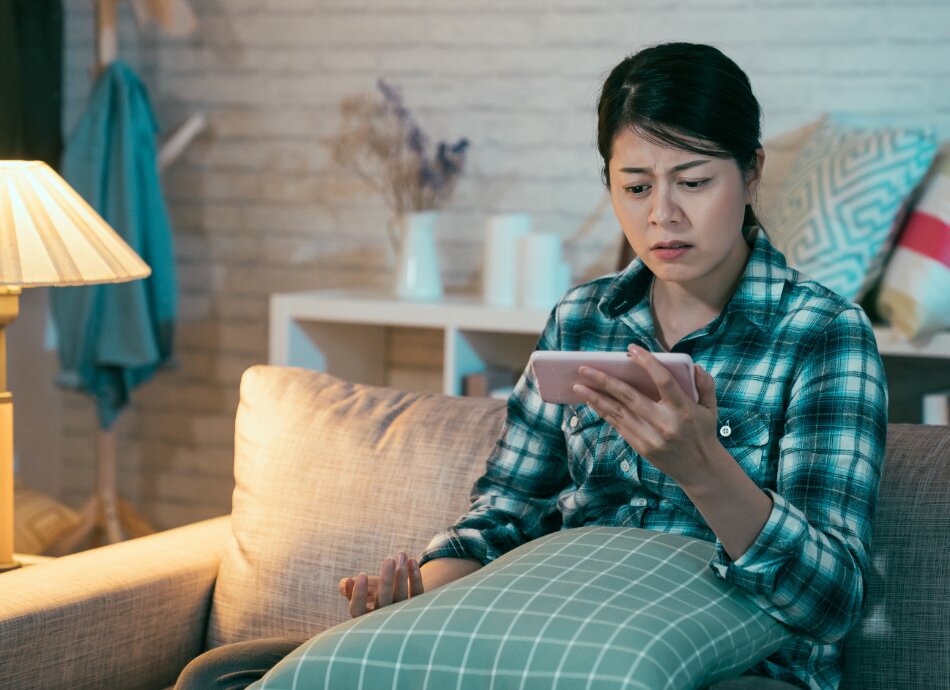Social media and keeping it healthy
Key points about social media and keeping it healthy
- While social media is a great way to connect and share information, it also has its downsides.
- It can spread misinformation, give online bullies a platform and generate feelings of inadequacy.
-
Here are some ways to help you have a healthy social media life so you can enjoy the benefits and reduce the negatives.

While social media is a great way to communicate and stay in touch, it can also be harmful to your mental wellbeing.
A recent study has shown teenagers who spend more than 3 hours a day on social media are more likely to develop mental health problems including depression, anxiety, aggression and antisocial behaviour.
1. Prioritise real human interactions
Spend time with people in real life. Have a yarn, play a game, meet to kick a ball in the park, have coffee, or go for a walk. Just do something together. If you're sticking close to home, you can still call a friend or whānau member or organise a group chat.
2. Limit time spent on social media
It’s all about balance. Set time limits on how long you’re on social media. Have set times you check messages and apps – maybe once or twice a day – and limit the length of time you’re on it. You can use your phone to track the amount of screen time you do use, and even schedule downtime away from the screen – check your phone's settings under 'Screen Time'.
3. Turn off notifications
A constantly beeping phone is distracting and annoying and prompts you to check your phone. Have a look at what notifications you have turned on and ask yourself whether you actually need them popping up.
4. Remove apps from your phone
Social media apps are designed to keep you coming back for more. If you’re struggling to stay away, try removing the app from your phone to avoid constant checking. Logging in on your desktop or another device will take a bit more effort.
5. Switch it off
Have set times when all devices are put away such as overnight, also during meals and homework time. For younger children, phones could be put away earlier, such as when they get home from school. Or try having a screen-free day or week.
6. Stick to positive sites and people
Think about how you feel after being on certain social media sites – is it a positive experience, or do you end up feeling bad and disconnected? Try to use social media sites that leave you feeling good and only follow people who are positive and a good influence.
While you're at it, take some time to review your friends and groups on social media and trim away anybody who you aren’t really friends with, or whose posts annoy or upset you.
7. Try not to compare yourself
Remember a lot of what is posted on social media is massaged and edited to look the best it can be and isn’t always a reflection of real life, so don’t compare yourself to it. Seek out real voices and images, people or sites that align with your own visions and goals.
8. Think before you comment or post
Before you comment or post, ask yourself if it’s a good idea. Would you say this in real life to the person’s face? Would you be happy with your boss, mum or yourself in 10 years time reading what you have written? Same with images. Is this an image you’d potentially be happy for the world to see? Are you sharing something that one of your friends would be embarrassed by?
9. Banish boredom
By keeping active and taking up a hobby, you might find you are spending less time on social media, and not missing it at all! Exercising and keeping active is good for your physical and mental health. Time spent exercising or playing sport provides a break from social media and allows you to spend time with others face to face.

Image credit: Canva
Taking up a hobby can also keep you occupied. When you catch yourself reaching for your phone make a conscious effort to do something else instead – read a book, take a craft class, try some DIY or plan an adventure.
10. Get enough sleep
Getting enough sleep is key to feeling good and staying healthy. Staying up late on social media means less sleep, which affects your health and wellbeing. Looking at screens late at night can stop you going to sleep, so if you are having problems dropping off that might be why! Try switching your devices off at least half an hour before bedtime or put them in another room altogether so that your sleep isn’t interrupted, say between 9pm and 7am. Then rest easy!
Smartphones and children
Anxiety | Mate māharahara
Online safety topics
How to deal with online bullying or cyberbullying for you and your kids
Online grooming – keeping young people safe
Screen time and children
References
- Teens are anxious and depressed after 3 hours a day on social media(external link)(external link) MIT Technology Review, 2019
- Healthy social media(external link) Mental Health Foundation, UK
Credits: Healthify Editorial Team. Healthify is brought to you by Health Navigator Charitable Trust.
Page last updated:





